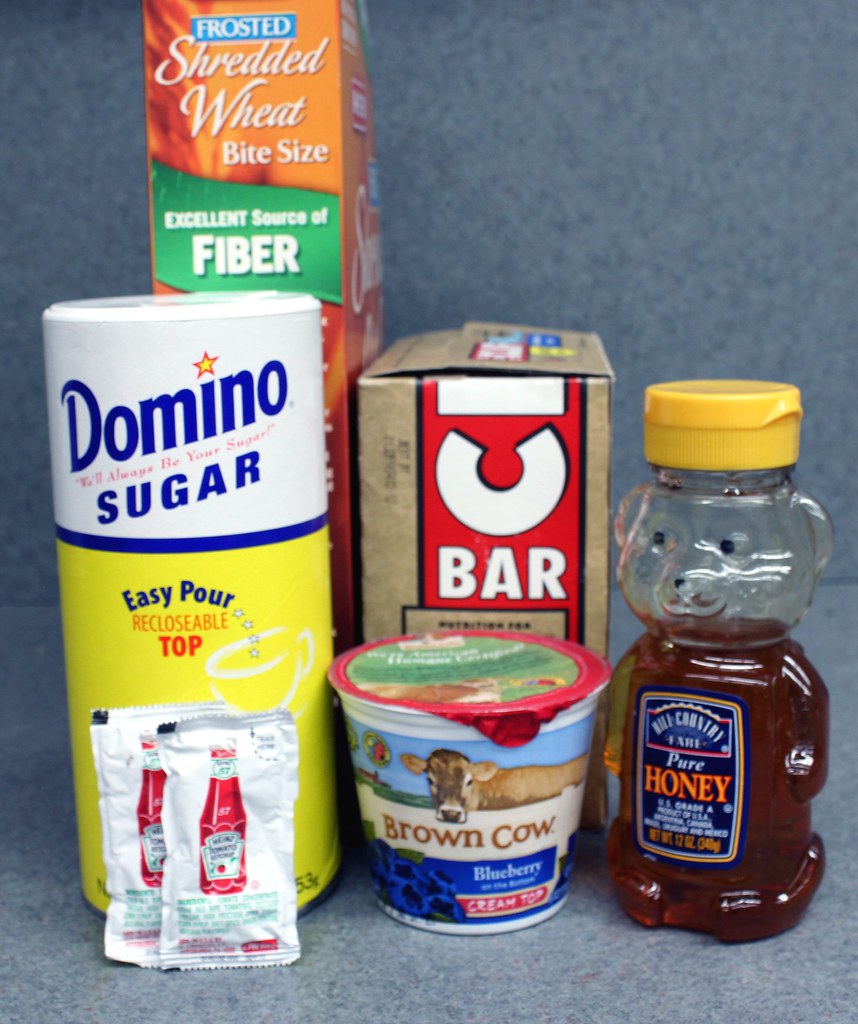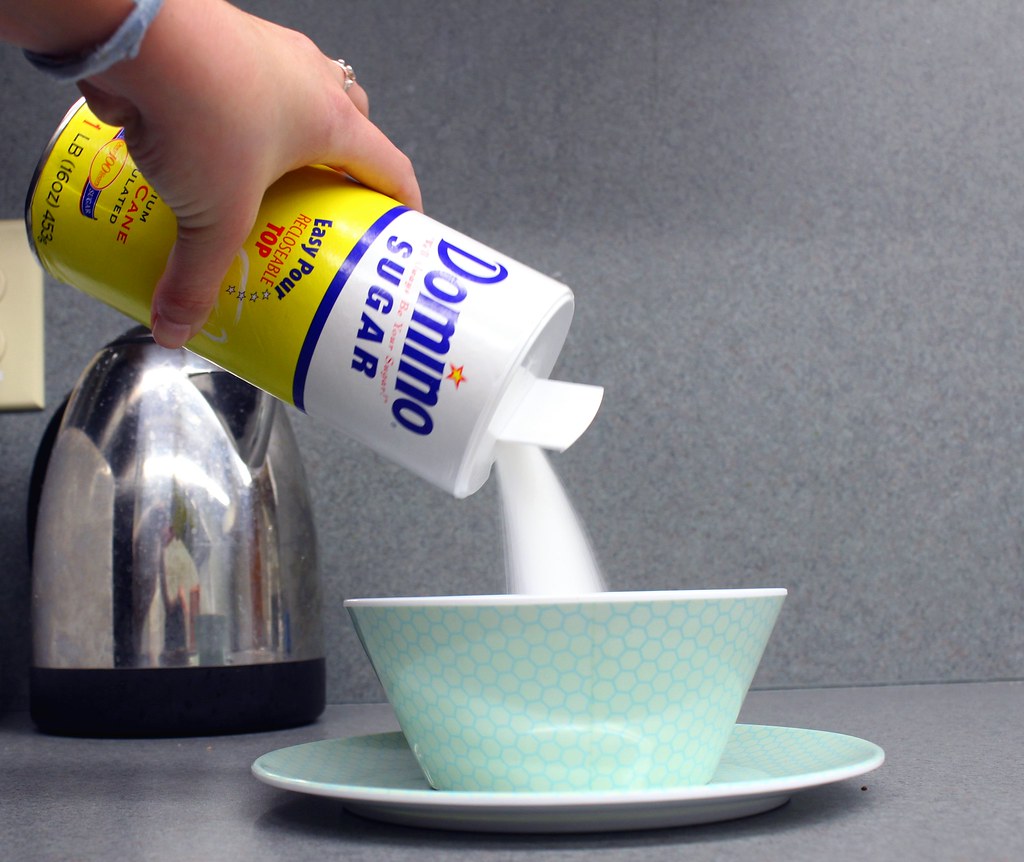The War On Sugar

The "sugar debate", as many scientists now call it, has highlighted the negative health effects of sugar on the body. Sugar has long been the reason for every dentist's existence, condemned for its role in creating cavities. Now, sugar faces far more serious allegations: obesity, heart disease and even cancer. Although these charges exist, there is still a lot of disagreement on the issue. Here are a few opinions regarding our dear friend.
Sugar is a Poison
Although extreme and lacking enough substantial evidence to convince most, Robert Lustig, an endocrinologist from the University of California at San Francisco, is universally credited for igniting the sugar debate by claiming sugar is a poison that should be regulated alongside other harmful substances such as tobacco and alcohol. His argument targets fructose, which is found in table sugar, syrup, honey and the infamous high-fructose corn syrup. The liver is the unlucky—and only—target for metabolizing fructose, and as you would guess, the poor guy is often overworked. Lustig claims that sugar damages certain organs, disrupts hormonal cycles, and causes heart disease, obesity and even cancer.
Source: http://www.nature.com/nature/journal/v482/n7383/full/482027a.html
Sugar the "empty calorie"
A more widely accepted view labels sugar the empty calorie: a substance that adds no nutritional value to your diet and a boatload of calories. From this perspective, sugar poses no greater threat other than pushing you dangerously close to a Michael Phelps-worthy level of daily calorie intake. Specifically, sodas contain absurd amounts of sugar per serving. Other foods that pack in the sugar include: energy bars, sports drinks, yogurt, salad dressings, ketchup, barbecue sauces, fruit juices, granola and canned fruit.
Everything in moderation
Eliminating sugar from one's diet in this society is close to impossible. Some people advocate a simple decrease in sugar consumption, believing that like any man-made food, sugar cannot be healthy in large quantities. The moderates promote a lifestyle of whole, natural foods rather than processed ones. The USDA even states that 10 teaspoons of added sugar per day can be a part of a healthy diet.
Source: http://sweetsurprise.com/sugar-and-hfcs-in-moderation
Whether you decide to get rid of sugar altogether or simply skip the soda stop, consider these opinions and think about decreasing the sugar in your diet; it may save your life one day.
The post The War on Sugar appeared first on Spoon University.


